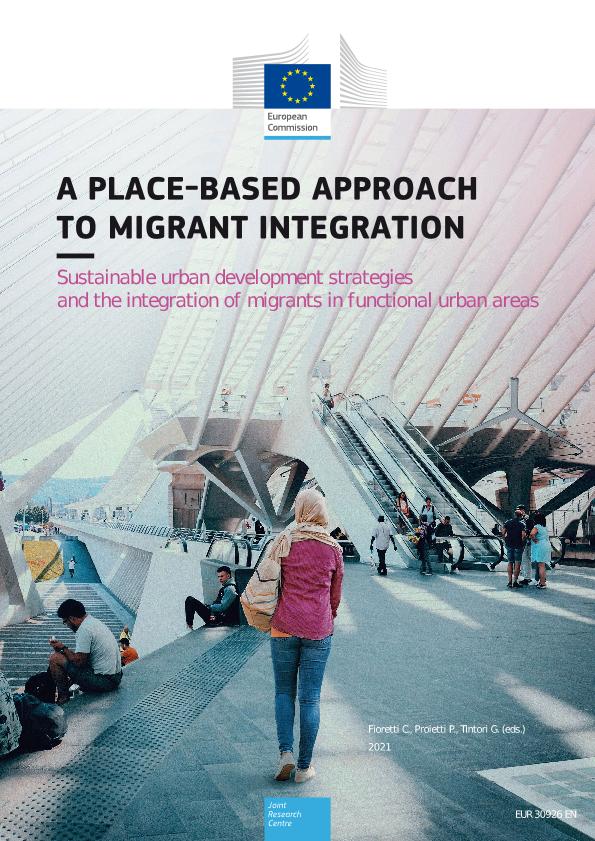A new report shows that urban regeneration policies addressing disadvantaged areas can foster migrant integration in the long run.
On 1 January 2020, 23 million EU inhabitants – around 5% of the EU population – were non-EU citizens. Migrants and EU citizens with a migrant background play a key role in European society and in different sectors of our economy, including as essential workers.
Yet, international migrants struggle to match EU citizens’ levels of employment, education and social inclusion across EU Member States.
Migrants often live in disadvantaged areas of our cities, characterised by poor-quality infrastructure, lack of quality goods, services and housing, and high levels of socio-economic difficulties. The multiple disadvantages of the areas that they live in can hinder migrants’ integration and advancement in society.
Urban strategies for better migrant integration?
Within the New Pact on Migration and Asylum, integration and inclusion remain a priority for the Commission and an essential part of an effective migration management.
A JRC exploratory research project examined whether the EU Cohesion Policy, which from a thematic viewpoint is not focused on migrants, could also contribute to the integration and inclusion of international migrants in the EU.
The findings of a newly published study suggest that the urban strategies promoted by the EU Cohesion Policy that address disadvantaged areas can be instrumental in creating favourable conditions for the integration of migrants in the long run.
In particular, the integration of infrastructure and economic interventions with social initiatives – a distinctive feature of EU urban strategies - can help address the needs of migrants.
The study emphasizes that place-based policies alone risk to be less effective for improving the conditions of vulnerable migrants (e.g. undocumented and homeless migrants) living in the worst off areas.
The researchers therefore advocate for a combination of a place-based approach and a people-based approach, with a view to strengthen social resilience.
The findings of the report support the Commission process for consolidating and enhancing synergies between different EU funds, and promotes an even more effective coordination between the EU and different levels of territorial governance.
| Originally Published | 10 Dec 2021 |
| Related organisation(s) | JRC - Joint Research CentreKCMD - Knowledge Centre on Migration and Demography |
| Knowledge service | Metadata | Migration and Demography
| Attitudes and perceptions Territorial (ARCHIVED) |
| Digital Europa Thesaurus (DET) | integration of migrantsmigrant |
Share this page

